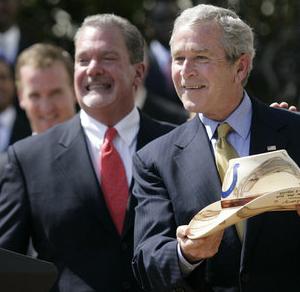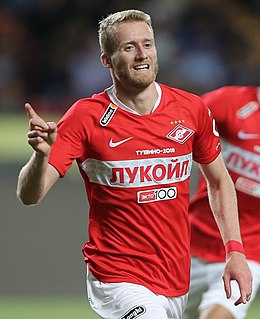A Quote by Leonardo Bonucci
Allegri is very good at managing the locker room in the most difficult moments of a season, to make the team understand how to manage the time of a match.
Related Quotes
I could've had moments when I could've said, "You know what? Let me make another film; this is taking a long time to get distributed." It can be difficult to stay passionate. You have to be that passionate and be prepared for it to get what it deserves. Make sure you have a really good team going in at the beginning and don't have people in your team that aren't there 100%.
When I talk about intersex, people ask me, 'But what about the locker room?' Yes, what about the locker room? If so many people feel trepidation around it, why don't we fix the locker room? There are ways to signal to children that they are not the problem, and normalization technologies are not the way.






































